This year’s Eurovision Song Contest is well underway (at the time of publication, we’ll probably be some time after semi-final 2) has now concluded and boy, what a ride it was. As a mega fan, I’ve got my little clipboard ready to award my favorite song 12 points I was utterly enraptured by the extra level of shenanigans we experienced this year. Eurovision is not a huge topic in my professional life except perhaps as a chitchat among colleagues and fellow content marketers. But since Eurovision has become more like a hobby, I couldn’t help but notice some fascinating parallels between some of the nuances of this competition and the world of marketing.
Without further ado, here are 4 lessons the Eurovision Song Contest can teach to implement a successful content marketing strategy.
1. There’s a song for every taste and content for every need
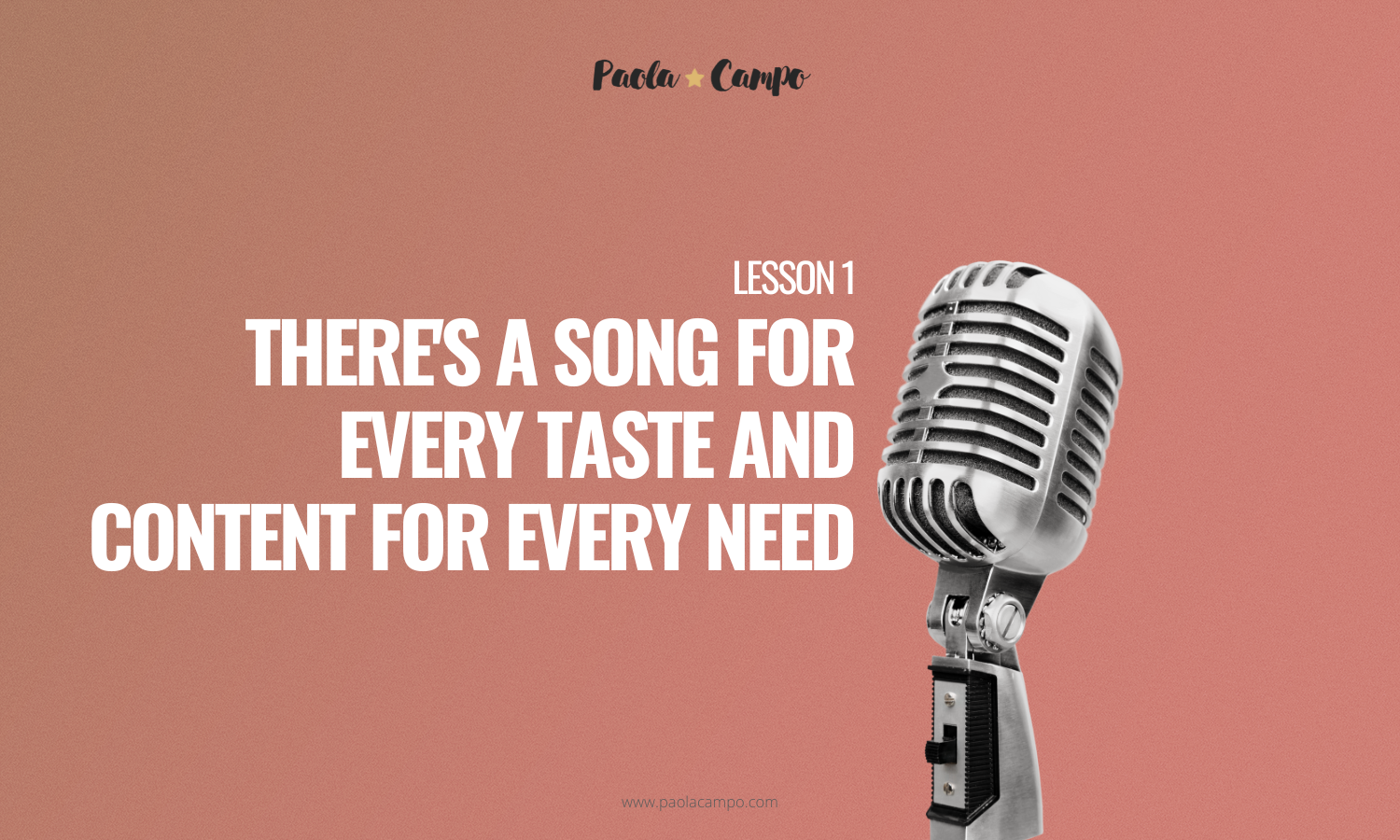
While there are obvious favorites as the national entries begin the race, there’s still a rainbow of possibilities with a major appeal to a wide range of audiences.
For example, a few weeks ago, someone told me how much they enjoyed this year’s Lithuania entry. I don’t hate the song, but I also don’t see its appeal. Many people love it. By the same token, my love for Ireland’s entry may probably concern some people who find it very creepy, which it is, but I like thinking about it more as “delightfully unhinged.” Some country entries are so polarizing (and Ireland does deserve that distinction this year) that audiences will staunchly be on one side or the other on the love/hate spectrum.
A similar phenomenon happens with digital content. You may wonder why a specific content asset gets so much engagement on social media when you don’t think it’s that extraordinary. Some pieces of content will have mass appeal, but the majority will only resonate with a select group of people and go widely overlooked by others.
2. You have to be your unique self and appeal to your audience, not the masses
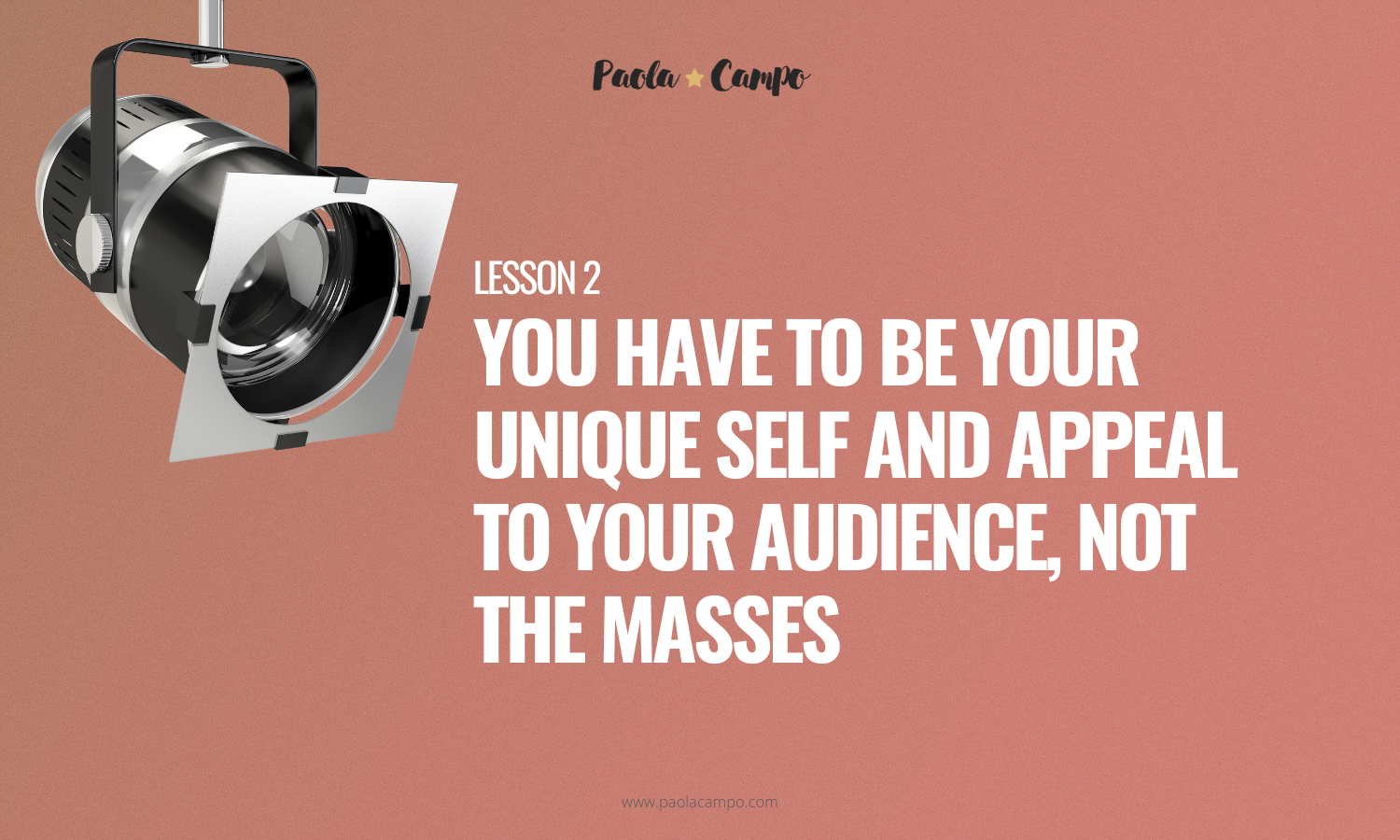
Back in the 70s, national entries at the Eurovision Song Contest wore ballgowns and tuxedos and sang traditional music of the day that most parents and grandparents would enjoy listening to on a relaxing evening. Then, in 1974, these four weirdos from Sweden brought a distinct pop sound with some bizarre outfits and changed it all.1 The group was ABBA, one of the most successful Eurovision winners ever. Interesting how being different was ultimately what made them mainstream.
Your content needs to deliver that unique perspective that makes you, you, but considering your audience’s specific challenges and needs. We live in an age with almost a niche for everything, and the information flow is more crowded than in the 70s. Achieving mass appeal is tricky and requires lots of time and budget, so your breakthrough chances are low unless your brand name is Coca-Cola.
2024 grand final note: It doesn’t get more unique than an operatic pop performance by a sweet and joyful non-binary Swiss artist!
3. What you do around your content is almost as important as the content itself
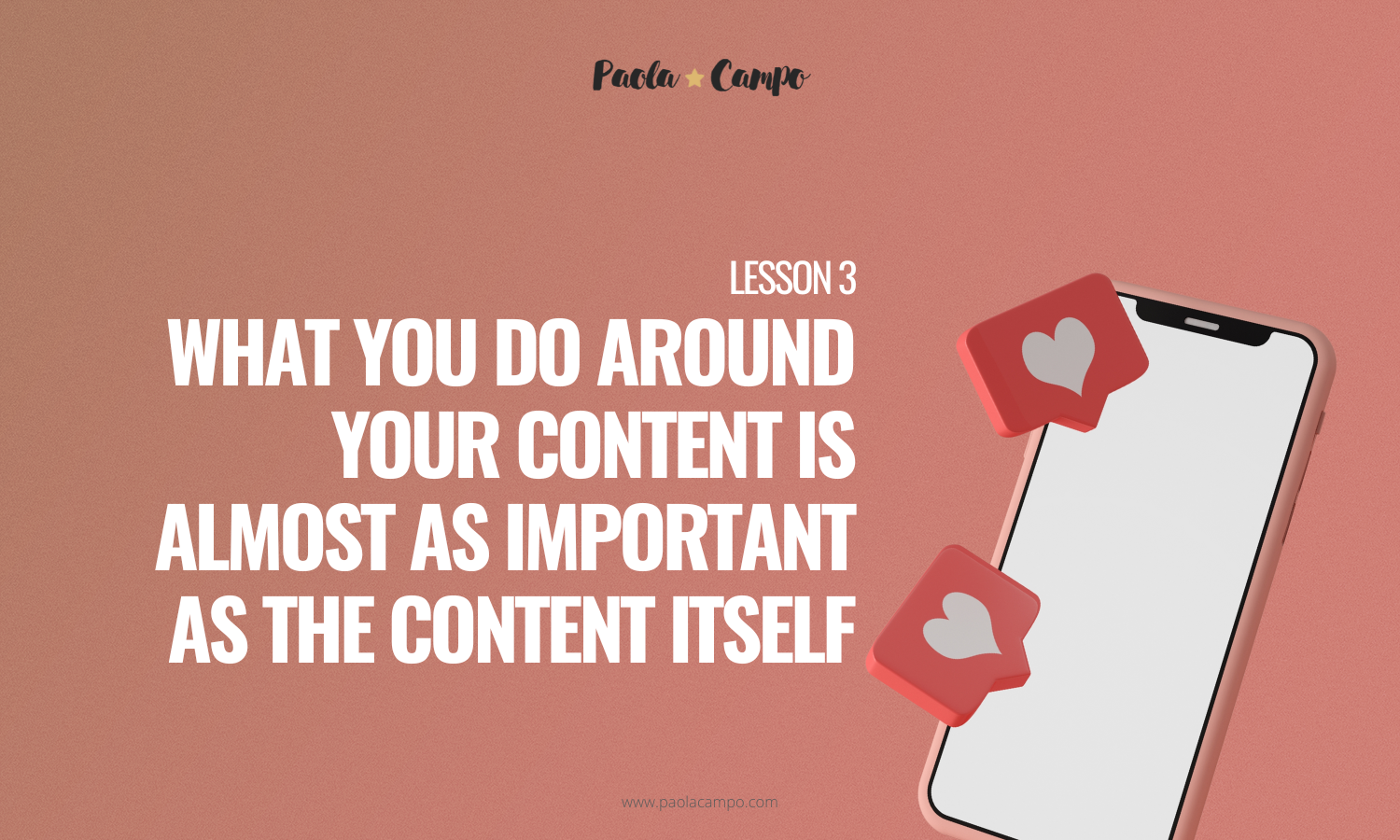
Even the Eurovision purists know that while the words “Song Content” are in the title, a successful entry is more than the song itself. Many factors influence how well received a national entry will be, including how they sing live, the staging, and even the performer’s personality. There are blogs, YouTube channels, and comprehensive fandom networks discussing every detail, every nuance in a performer’s song, and all that surrounds it. Even bookmakers compile the odds of success of every participant with surprising accuracy.
Last year’s France entry came into the competition with an amazing song in an official music video that immediately ranked high among experts and audiences alike. However, some of her live performances at pre-Eurovision events left much to be desired. There were many rumors about her arrogance and diva behavior, which are very likely true considering the lovely hand gestures she gave the cameras during the final televote. She didn’t even make the top 10.
The content is always king, but the best piece ever written would be nothing without publishing it and promoting it in the proper channels, delivering it in the best, most attractive format – and even with some thought leadership brownie points on your business or person. Every little thing you can do to package your content in the best possible wrapping will do wonders for its engagement and reach.
4. The winner is not always the one who gets the trophy
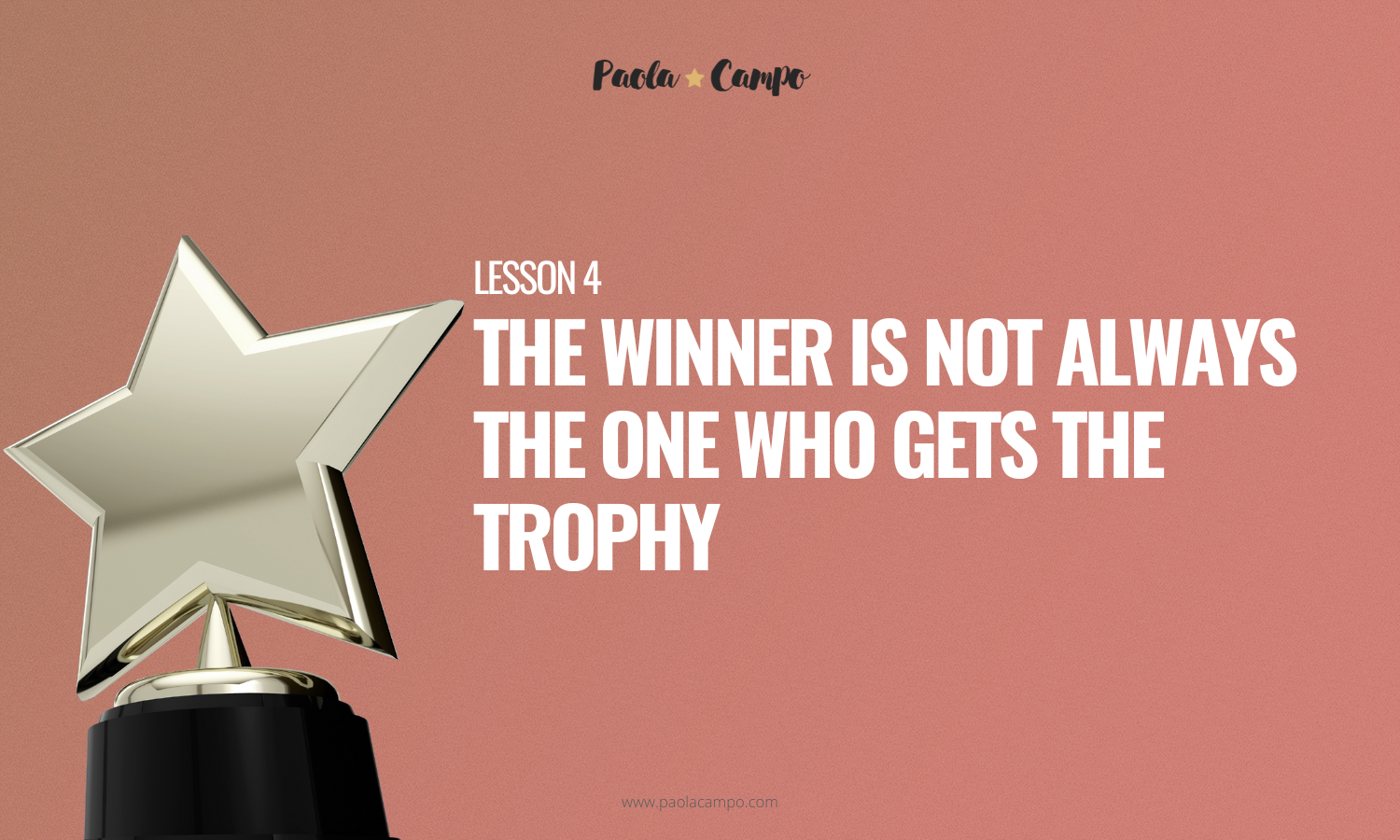
Some winners have gone on to well-deserved megastardom; think ABBA, Celine Dion, and even more recent winners like Måneskin, who are totally slaying the music scene beyond their Eurovision win. Other acts, however, didn’t win the actual contest (some not even close) and yet won something even better. Olivia Newton-John represented the UK in 1974 and went on to star in the movie Grease four years later and released a few chart-topping hits along the way. Julio Iglesias represented Spain at Eurovision in 1970, finished fourth, and, well, I think you know how his career did after that.
Sometimes, it’s a song that breaks through so hard you can almost say they won. Famous acts that came in number two include Mocedades’ Eres Tu in 1973, the song was one of the first ever Eurovision songs that made it into the Billboard Hot 100 (9th place), and Kaarija, from Finland who gave the world Cha Cha Cha and crushed the televote in 2023. However, no other example demonstrates this lesson better than Rosa Linn, Armenia’s Eurovision representative in 2022. Her song Snap finished 20th in the competition but became a massive viral TikTok hit and topped several worldwide charts. It even made the Billboard Hot 100.
With content, it’s the same. It’s not because you get all the likes and accolades (the trophy) that you’re getting the profits (the actual win). Imagine publishing an ebook that gets downloaded by some people, but no sales come from those downloads. One day, one of those downloaders talks to a friend who works on the organizing committee of an event. You’ve been pitching your participation in that event to another organizer. Those people speak to each other, and you book the gig. Your speaking opportunity goes quite well. You meet someone who wants to partner with you immediately. Five more people start following you, and within one month, they are clients. You didn’t get the trophy with that eBook, but you got an actual win.
BONUS: Is all publicity good publicity?
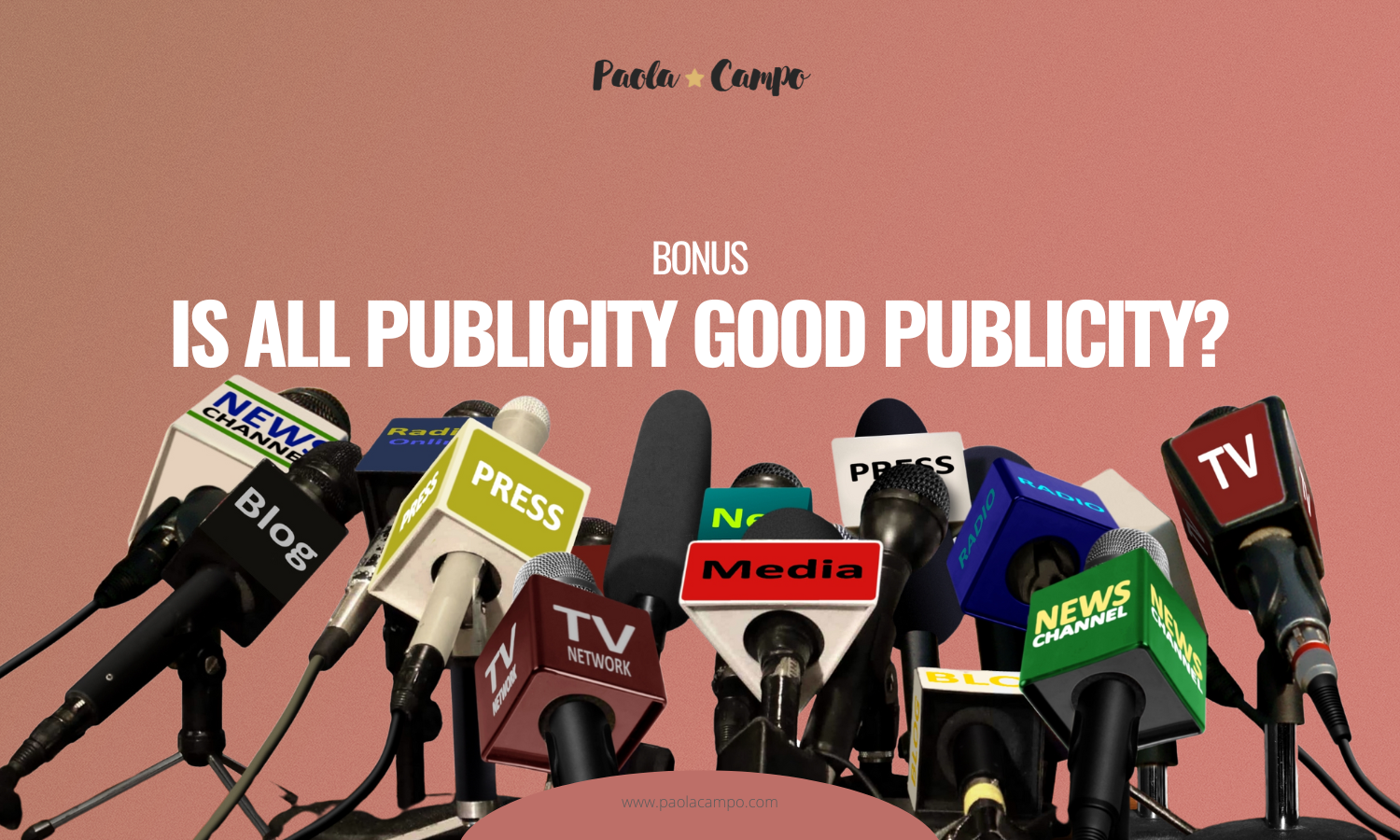
There’s always been some controversy at the Eurovision Song Contest. For an event that boasts itself as “apolitical,” it sure gets very political more often than not. This year, however, takes the cake. In a span of two days, one contestant—a huge audience favorite—was disqualified, and three refused to participate in the flag parade during the rehearsal. Two official complaints about inappropriate behaviors were logged from another country delegation, the latter of which many considered should not have participated. The salacious details are plastered on every European news site out there and will, without a doubt, shake the European Broadcasting Union to its core. Or will it?
The drama surrounding this year’s contest has surely helped with ratings, but the experience has differed across all EBU broadcasters. The UK saw a drop in viewership compared to last year. On the other hand, Croatia saw a spike (which makes sense, considering their entry was the favorite to win). Whether “all publicity is good publicity” applies in this particular context remains to be seen. One incident is one thing, but the absolute train wreck that followed was too much. Hopefully, the EBU will take a hard look at its organization and consider whether things need to be different in future contests. It’s too early to tell.
In our polarized world, any content you or your organization puts out is a gamble. There’s more public scrutiny about whether what you say is backed by what you do and a sense of speaking out about diverging opinions. You can’t control how others react, but you can always try to be congruent with your voice and always communicate with strength, respect, and compassion.
What other lessons do you see from Eurovision that you can apply to your content marketing strategy?
Editor’s note: This post was ready to publish after the first semifinal, but the ensuing drama required some edits. Obviously!
1 Technically speaking, Nicole and Hugo from Belgium did it first in 1973. Their song Baby, Baby unfortunately came in last. Sometimes, being a trailblazer takes time to get recognized. This year’s Eurovision broadcast paid tribute to this duo, so I hope they start getting much-deserved credit for how they changed the game.




0 Comments